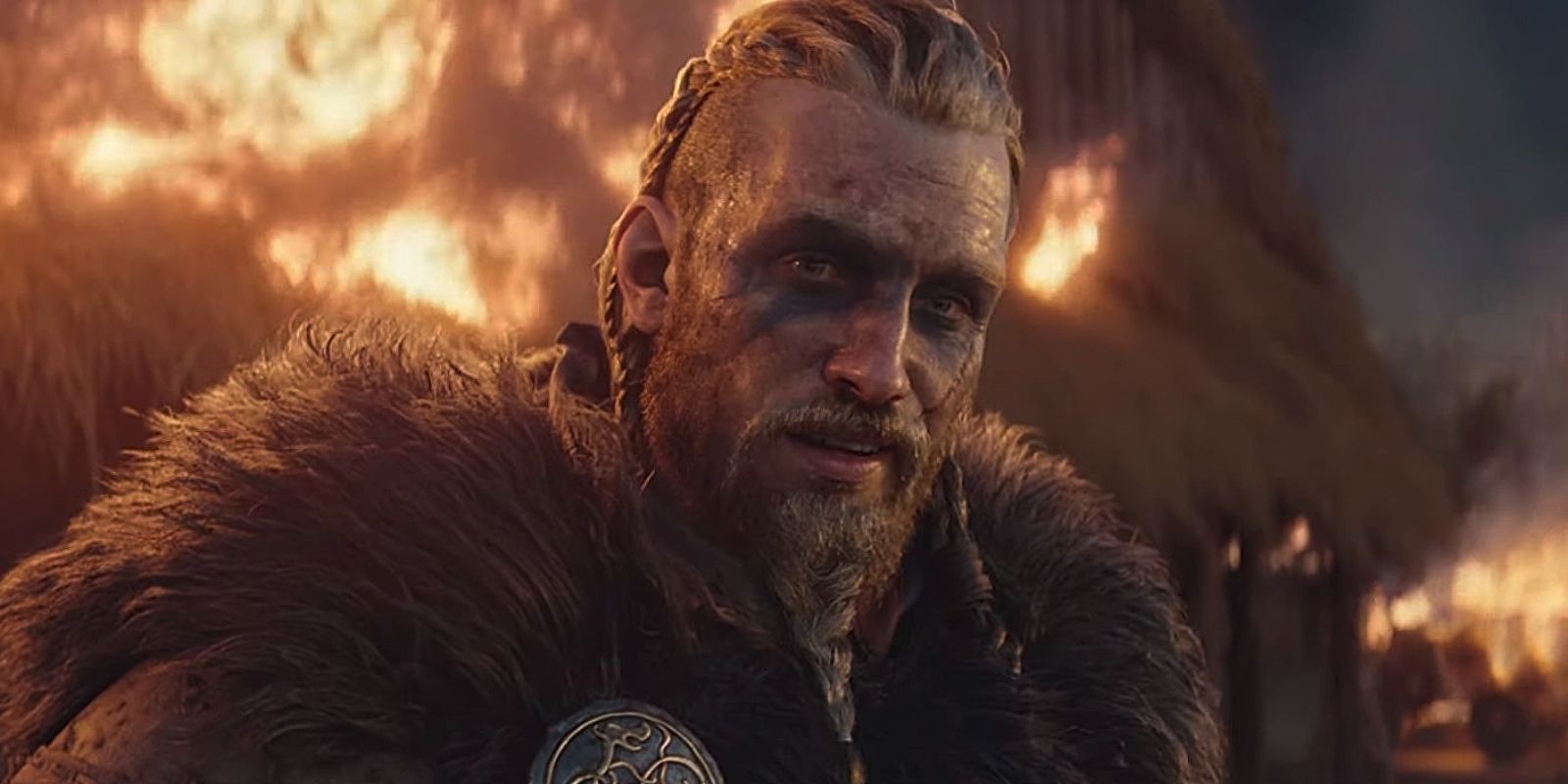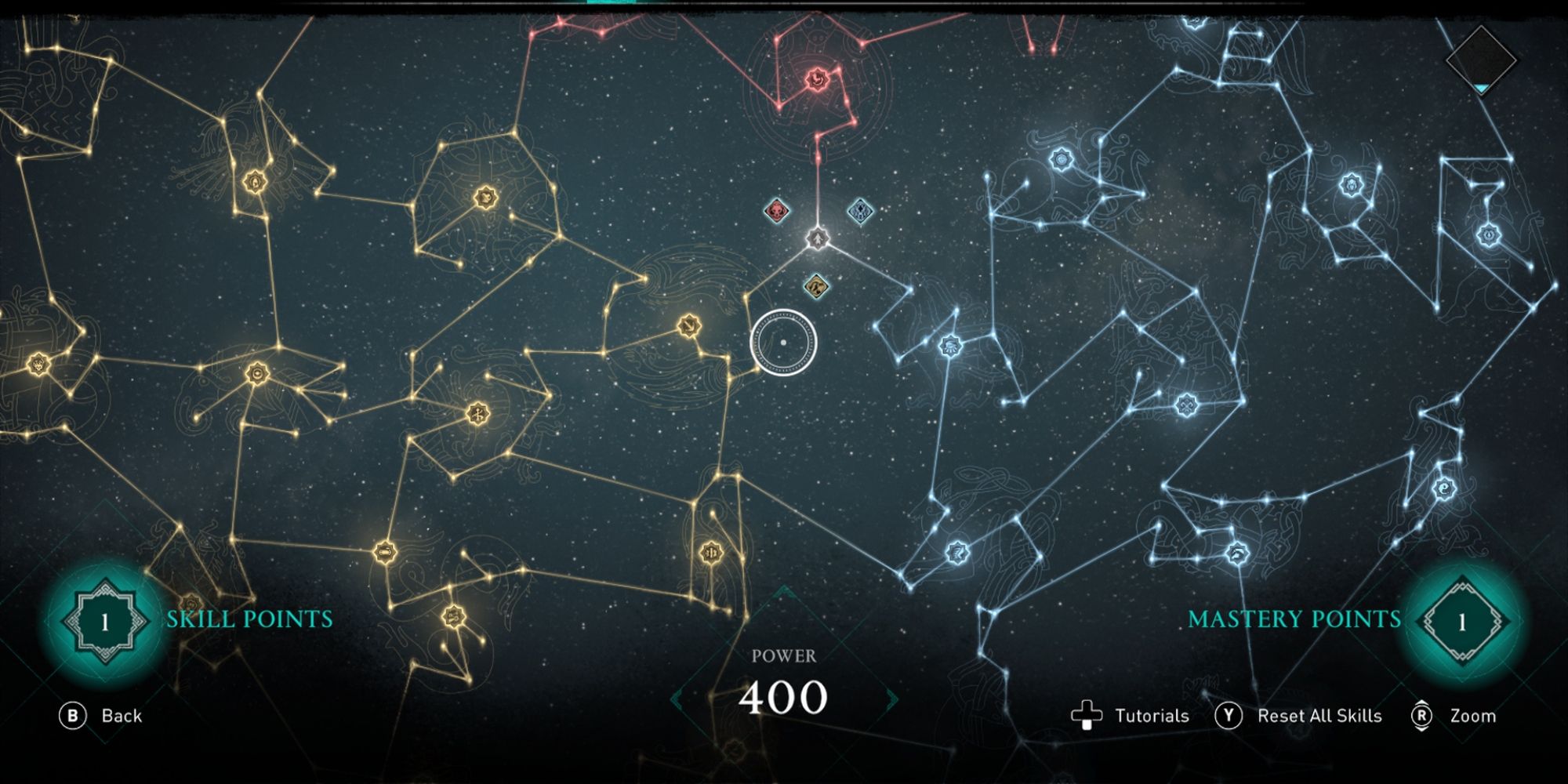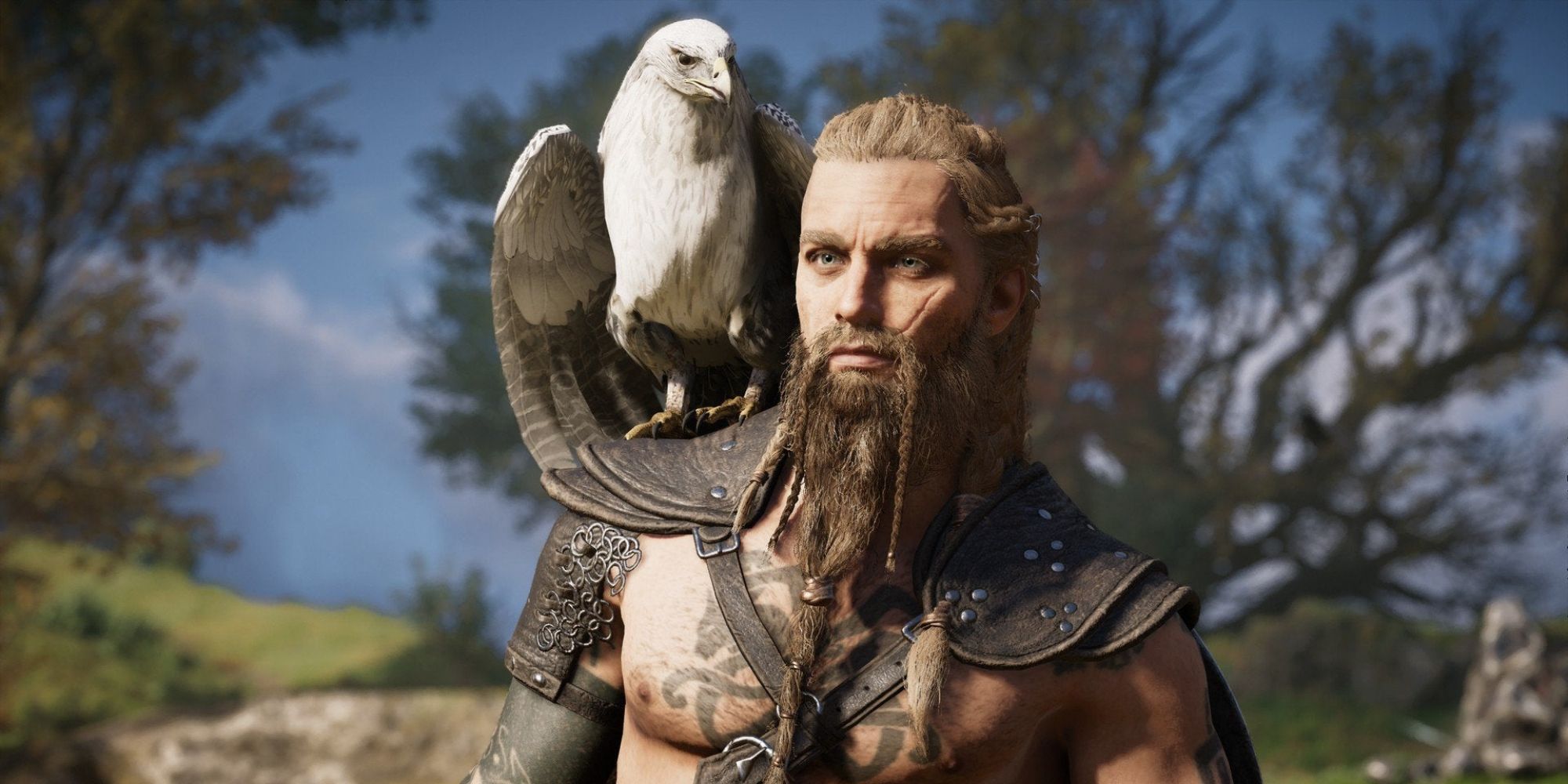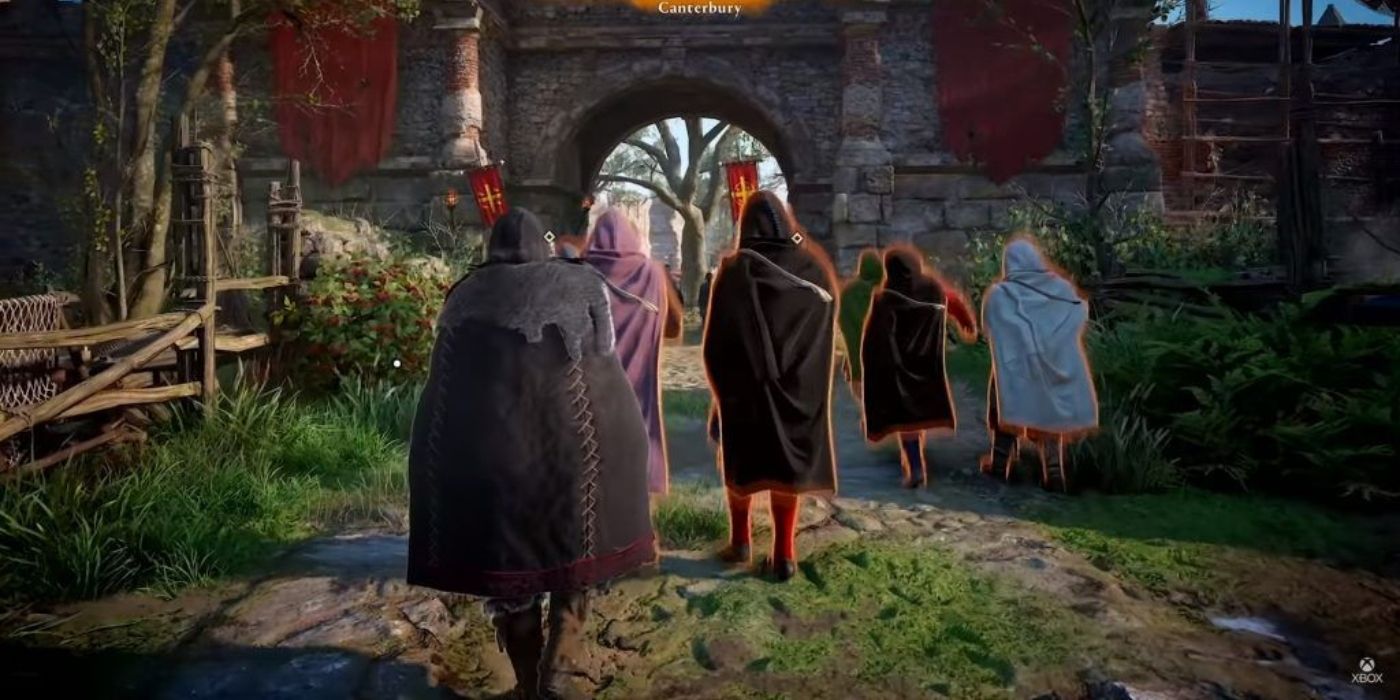Ubisoft's Assassin's Creed Valhalla introduced a variety of new features and changes to the series, but not all of them were well-received. This doesn't really come as a surprise given the series currently spans twelve games (not including spin-offs) and each one experiments with its features and mechanics, which is bound to please some players and disappoint others. Valhalla made some changes to the older Assassin's Creed mechanics as well as the newer ones introduced in Origins and Odyssey which, while a noble attempt, ultimately fell flat.
This isn't to say it was all bad, though. Valhalla's story was received positively, its recreation of Dark Age England was another stunning achievement, and Eivor has become a respected Assassin's Creed series protagonist alongside Ezio, Bayek, and Edward Kenway - which is pretty impressive, given the mixed reception of Valhalla as a whole.
While these are all good parts of Assassin's Creed Valhalla that should be recognized, there are plenty of less popular changes as well. This doesn't include larger changes such as the series' shift to being a full RPG or not yet having a true Assassin's Creed assassin protagonist, rather it's a couple of specific things Valhalla really dropped the ball on. Here are some changes made in Assassin's Creed Valhalla the next Assassin's game should definitely ignore.
Assassin's Creed's New Game Doesn't Need A Huge Skill Tree
The AC franchise has been a sort of 'soft-RPG' for a long time. It has implemented mechanics like character and base upgrading as early as Assassin's Creed 2, and continued bringing in things like skill trees and detailed outfit customization in Assassin's Creed Unity. They were never particularly egregious, choosing to focus on unlocking a handful of skills that get two or three additional buffs, but Valhalla decided to change this and make its own skill tree unnecessarily massive.
When focusing on the larger main skill icons, it doesn't seem too bad, but the abundance of smaller dots which are required to get to each skill are. Each one gives a minuscule stat increase that runes and outfits already provide, and creates an issue where getting skill points in Valhalla doesn't feel like an achievement since they're basically handed out. The next Assassin's Creed game needs to bring back a simplified skill tree so getting stronger doesn't feel like a chore.
Assassin's Creed's New Game Doesn't Need A Bird Companion
Senu and Ikarus, though useful for long-range scouting, replaced the beloved Eagle Vision to the dismay of many fans. This issue was remedied when Valhalla brought Eagle Vision back in the form of Odin Sight, but in doing so made Eivor's Raven, Synin, unable to do anything useful.
By this point, Assassin's Creed players have grown accustomed to using birds to mark locations and collectibles, and were likely surprised to see Valhalla completely remove that mechanic, raising the question of why Synin is even there. These two features can coexist as a short and long range scouting system, with specific things they can mark, but if the next Assassin's Creed installment is going to go all in with Eagle Vision, then the bird companion needs to go.
Assassin's Creed's New Game Doesn't Need Social Stealth
Social stealth was one of the features which made the first Assassin's Creed stand out because it provided many unique ways to enter, exit, or escape sticky situations. There's something satisfying about disappearing in a group of monks or a large crowd, but for whatever reason Origins and Odyssey omitted this feature. Valhalla attempted to make stealth important again, but failed.
No matter how many groups Eivor blends in to, guards are somehow always alerted in a way that feels both confusing and unfair. This just made climbing or brute force the go-to ways for infiltration, providing the same criticized experience from the previous two games. True social stealth is something fans would love to see return but the next Assassin's Creed game needs to refine the system, otherwise it will be another unused mechanic that should just be cut.
Assassin's Creed is a beloved franchise with a dedicated following who only want to see each installment be better than the last. Valhalla was a step in that direction, reviving some of the franchise's iconic mechanics and applying them to the newer generation of AC games - they just didn't get the balance right. The next Assassin's Creed can learn from these mistakes, though, and focus on making a game which can properly balance the old and the new.




